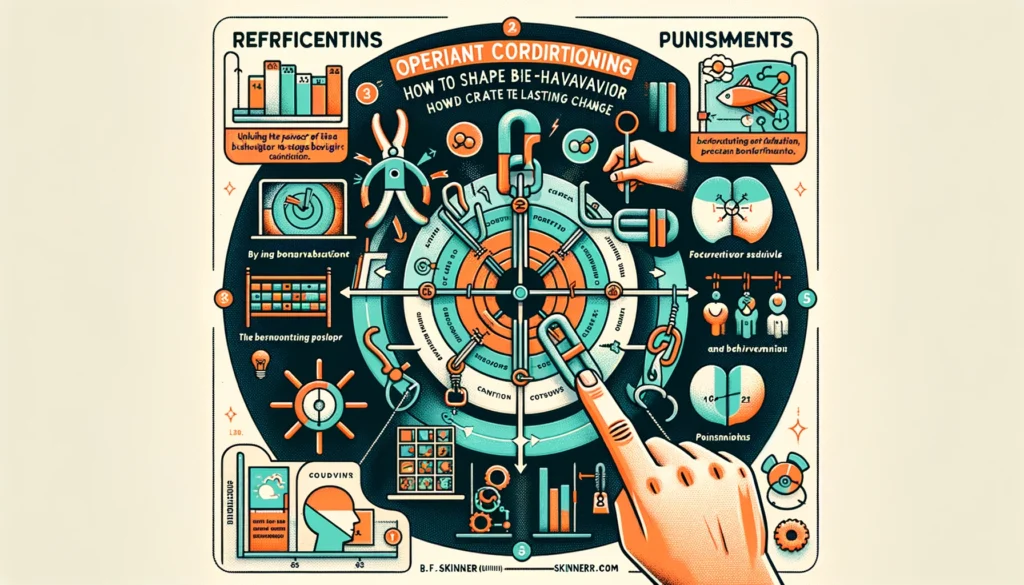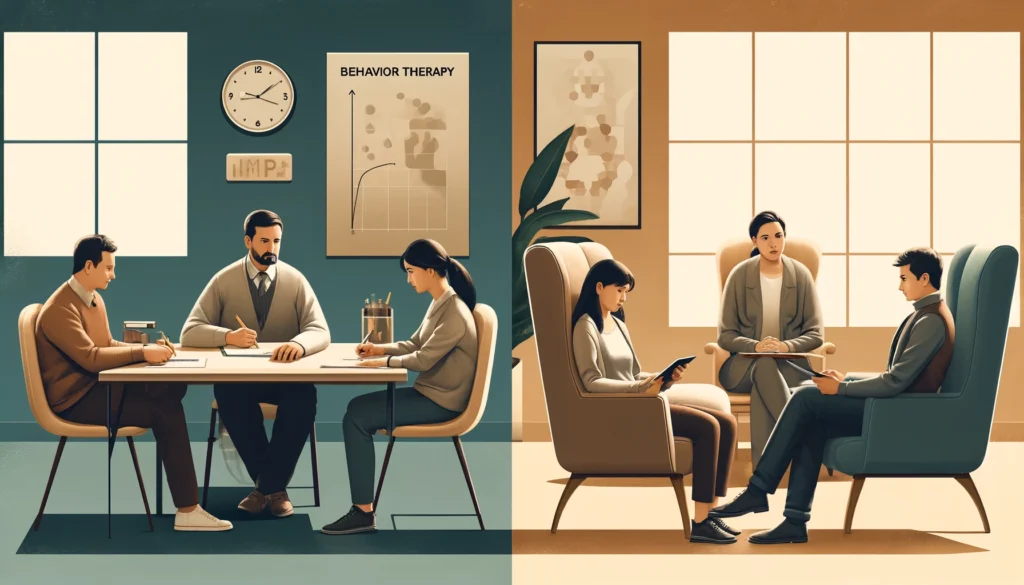
We have all been there. Watching the clock tick as our pending tasks remain undone. More than not, we are likely to procrastinate when we have a task to do. Deadlines are looming, nothing makes sense, and we are convincing ourselves that after just one more episode, we will check our email, or I am tired and will complete this the next day. However, procrastination is not just an occasional bad habit for some people. It is a frustrating, stress-inducing cycle that feels impossible to break.
So why do we procrastinate, even when we know it would complicate things? And how can therapy help us get out of that loop for good?
Let us explore the psychology behind procrastination and how professional help can help you regain more control, less guilt, real change, and overcome procrastination.
What Is Procrastination?
Procrastination is not about being lazy or disorganized. Some chronic procrastinators care deeply about the things that they keep putting off. This is what makes the situation more painful. Psychologists define procrastination as the voluntary delay of an essential task despite knowing that the delay will likely make things worse.
The procrastination cycle is not a time problem. It is an emotional one. When we procrastinate, we avoid doing a task that seems uncomfortable. Fear of failure, pressure to be perfect, frustration, and anxiety of not being good enough make one procrastinate.
In short, we are not avoiding the task. We are preventing the feeling that comes with it.
Why We Procrastinate: The Emotional Triggers
Many psychological triggers lead one to procrastination. They are:
- Fear of Failure: If you believe you are incapable, it is safer not to try at all. You feel anxious and don’t know how to start.
- Perfectionism: When good enough never feels good enough, starting feels paralyzing.
- Low Self-Esteem: A harsh inner critic can convince you that it will not be right no matter what you do and how much effort you put into it.
- Task Aversion: Sometimes, we simply want to avoid discomfort. Tasks that seem boring, confusing, overly difficult, or emotionally taxing can trigger avoidance, leading us to delay rather than face the challenge head-on.
Add in stress, overwhelm, or burnout, and procrastination becomes a coping mechanism. Unfortunately, it is one that only works in the short term. But in the end, it makes everything worse. Seeking anxiety disorder treatment can be a crucial step in reducing emotional overwhelm and regaining focus.
How the Brain Plays a Role
Ever wonder why scrolling through your phone or re-watching your favorite comfort show feels so irresistible? It’s because your brain is wired to seek immediate relief. This tendency is known as delay discounting, the brain’s natural inclination to favor short-term rewards over long-term gains.
For individuals with ADHD or executive functioning difficulties, this pull is even stronger. Their brains struggle to maintain focus on tasks that require sustained effort or delayed gratification, making them more prone to falling into the cycle of procrastination.
The Cycle of Avoidance
Here is a pattern of what many people fall into:
- You put off a task that feels stressful or overwhelming.
- You feel guilty for not doing it.
- That guilt adds more stress, and it makes the task even harder.
- You avoid it again to escape the discomfort.
- Deadlines close in, and panic sets in. You are left scrambling to finish the task or shut down completely without getting to accomplish anything.
It is exhausting. And over time, it can hurt your confidence, destroy your relationships, and impact your mental health. But here is the good news. You can break the procrastination cycle, and therapy can help.
How Therapy Helps Break Procrastination Patterns
Therapy can help you understand what is going on beneath your procrastination cycle. It is not about fixing you. It is about supporting you to work in your mind and not against it.
Let’s take a look at how you can do this:
Identify Thought Traps
Many therapists use cognitive behavioral therapy (CBT) to help uncover the beliefs and thought patterns that keep you stuck. These might include:
- If I can’t do it perfectly, I should not start.
- I will never finish, so why bother?
- This task is too overwhelming. I can’t handle it.
CBT helps you challenge and replace these beliefs with more realistic, empowering ones. Once your mindset shifts, your behavior can too.
Learning Emotional Intolerance
Another powerful approach is Acceptance and Commitment Therapy. Instead of trying to avoid difficult emotions, this therapy teaches you to make space for them while still choosing to take a meaningful approach.
You don’t have to wait to feel motivated. You have to take one more step, even if discomfort comes along for the ride.
Building Better Habits
Therapy also focuses on behavioral tools that make it easier to follow through:
- Breaking tasks into smaller, manageable steps. With this, you can handle difficult tasks early.
- Creating structure and routines that reduce decision fatigue. You can have a to-do list that can help you manage this.
- Using accountability, such as check-ins or body doubling.
- Self-control, rewarding progress, not results.
These are not just quick fixes. They are skills that you can build with the support that you will get through a therapy center.
Procrastination and Self-Compassion
One of the most important parts of therapy for procrastination is learning self-compassion. The more you beat yourself up, the harder it becomes to change and combat procrastination. Therapists often help clients practice speaking to themselves with the kindness they offer a friend. Change happens when you create safety inside your mind. So instead of saying, “What is wrong with me?” you can change this to “This is hard, but I am doing my best.” Building a mental change is a positive thing that you need in order to avoid procrastinating.
Long-Term Change Is Possible
Breaking the procrastination cycle is not about becoming perfectly productive. It is about building a compassionate, empowered relationship with your time and yourself.
With the proper support, you can:
- Start tasks without dread
- Manage stress more healthily
- Follow through more consistently
- Feel more in control of your life
If you have been stuck in patterns of avoidance and guilt, therapy can help you understand why and give you tools to move forward.
Final Thoughts
The cycle of procrastination is more than just a bad habit. It is a sign that something more profound, whether fear, overwhelm, self-doubt, or even depression, needs attention. Therapy does not just help you do things. It enables you to understand why you are stuck and how to get unstuck in a way that feels sustainable and true to who you are.
Mental health counseling in NYC offers access to experienced therapists who can help you understand the emotional roots of procrastination, stop procrastinating, change process, and build tools to move forward confidently.
Mariam holds an MS in Sociology with a specialization in Medical Sociology and Social Psychology. With a strong academic background and extensive research work in both fields, she brings depth and clarity to complex topics. Her writing explores the intersection of society, health, and the human mind, making academic ideas easy to grasp and relevant to everyday life.


